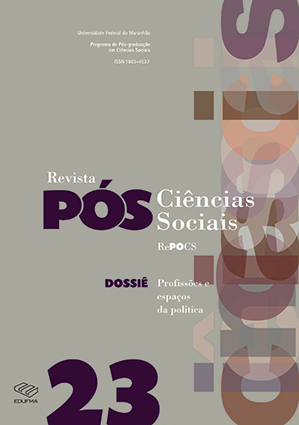Sustainable energy integration: A real possibility in South America through the Unasur
DOI:
https://doi.org/10.18764/2236-9473.v12n23p275-288Palavras-chave:
Energy, Environment, Poverty, UNASURResumo
This study aims to inspire an initial assessment and subsequent discussion of thebirth and development of the energy policy within the integrative perspective of
the Union of South American Nations (UNASUR). Once established the role expected by this international entity facing global and regional energy demands, it is intended to ascertain the level of completeness of environmental issues within these negotiations. To achieve the desired goals in this preliminary study provided largely by the search and reading of specific literature, the work begins with an explanation of the origins and institutional bases of UNASUR, showing its previous and explicit goals. In sequence, the research is directly targeted to a study of UNASUR policies that include the plans, strategies and specific regulations for the development of the desired energy framework. Finally, as part of the systematic sequence of this study, it is approached the hybrid field
of the inclusion of conservation goals and sustainable use of natural resources and its compatibility with the egalitarian energy policy. Finally, it is prospected the presence of sustainability variables of natural resources and its vital importance to the compatibility between poverty reduction in South American countries and the maintenance of the quality of the environment and consequently the human race included on it.
Downloads
Não há dados estatísticos.
Downloads
Publicado
2015-06-30
Como Citar
HEHL DE SYLOS CINTRA, Roberta; MARAN DE OLIVEIRA, Celso.
Sustainable energy integration: A real possibility in South America through the Unasur
. Revista Pós Ciências Sociais, v. 12, n. 23, p. 275–288, 30 Jun 2015 Disponível em: https://cajapio.ufma.br/index.php/rpcsoc/article/view/3594. Acesso em: 12 fev 2026.Edição
Seção
Artigos
Licença
Direitos autorais Revista Pós Ciências Sociais
Este obra está licenciado com uma Licença Creative Commons Atribuição 4.0 Internacional.


